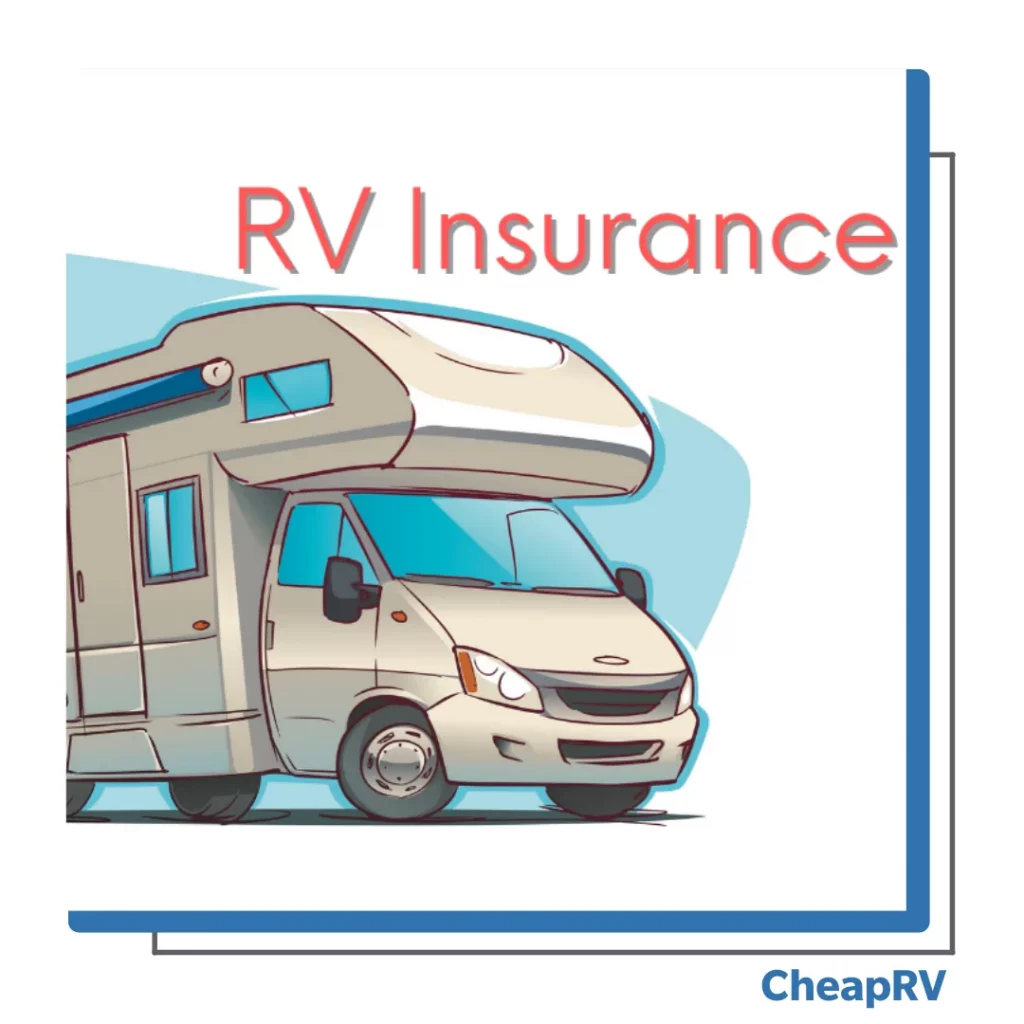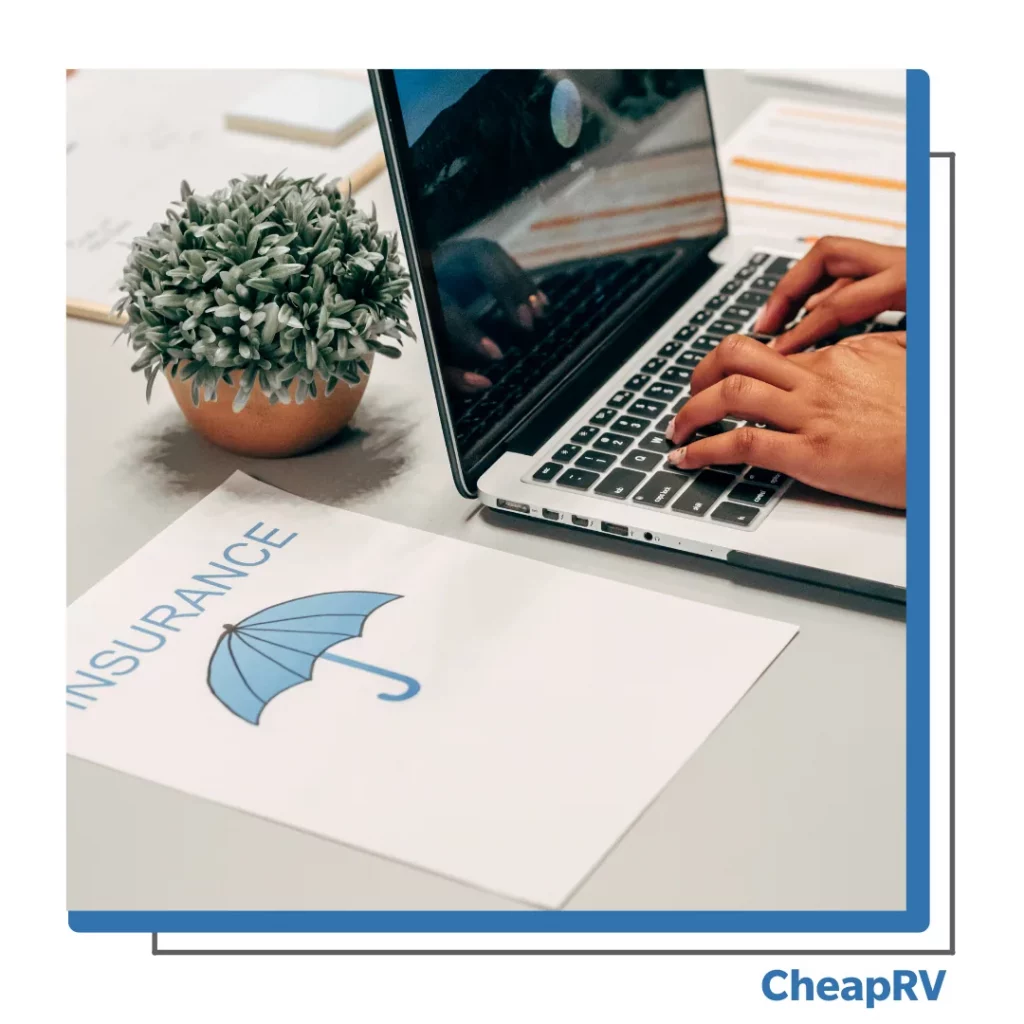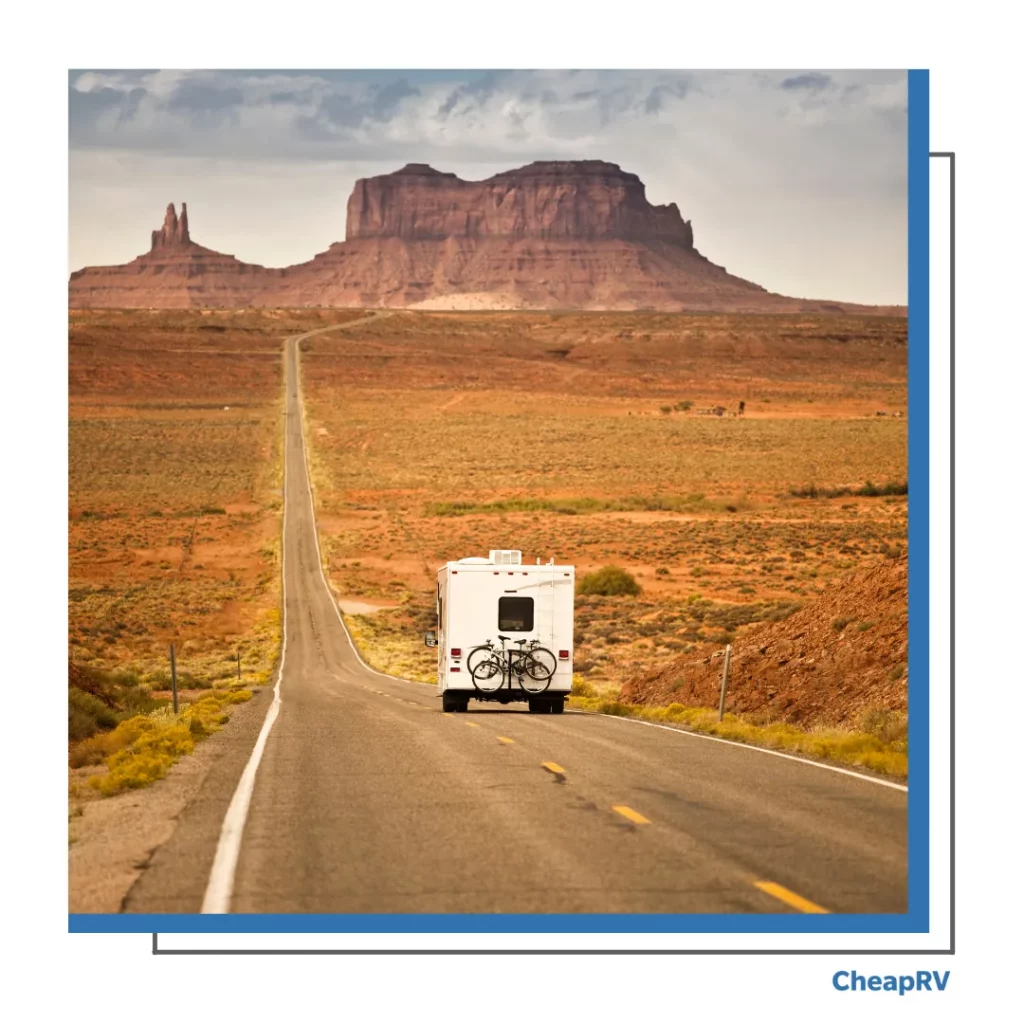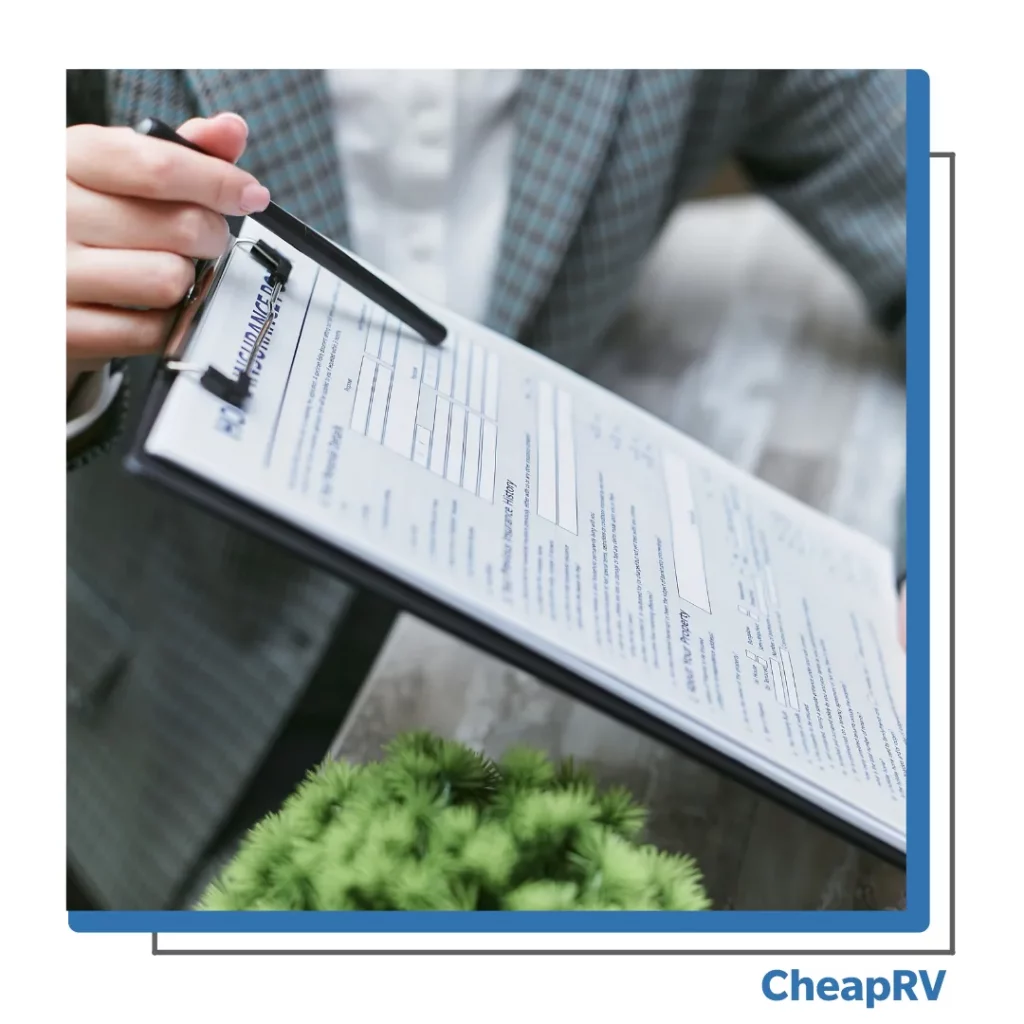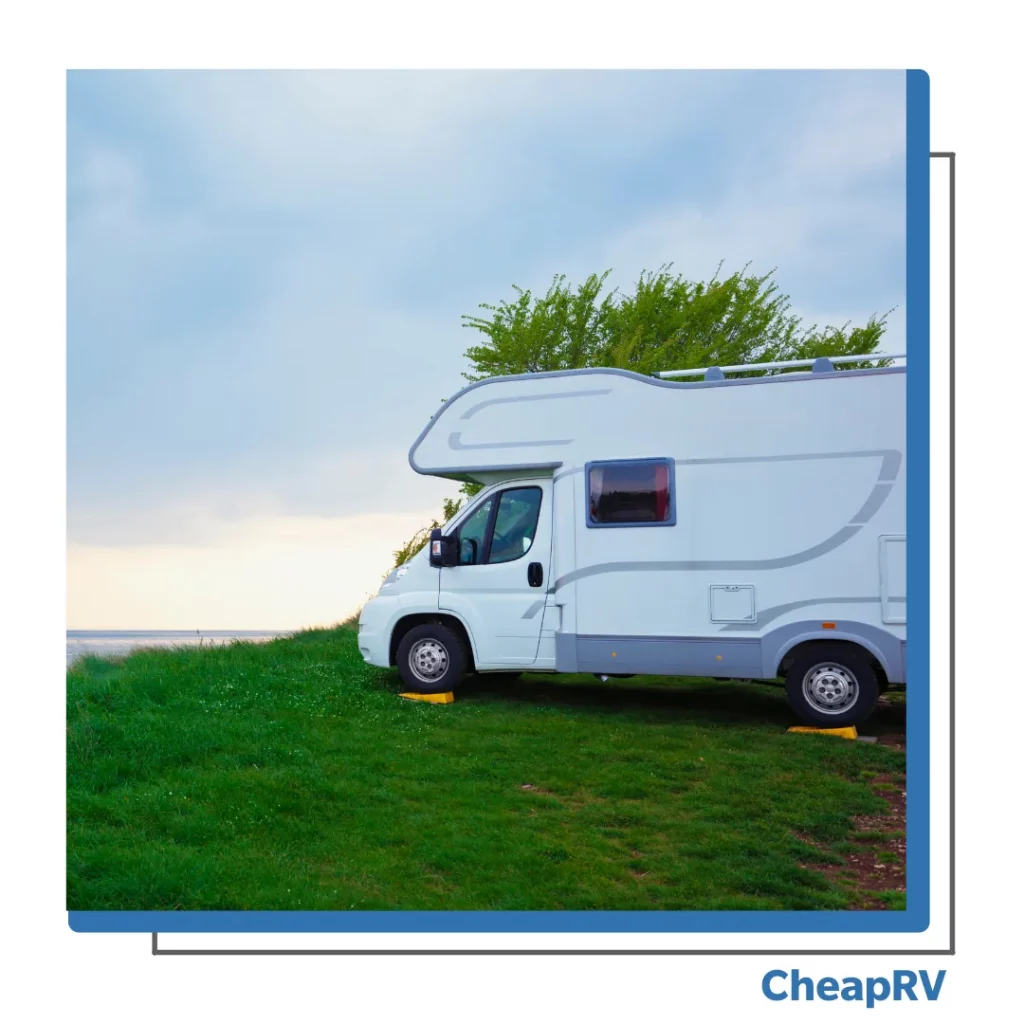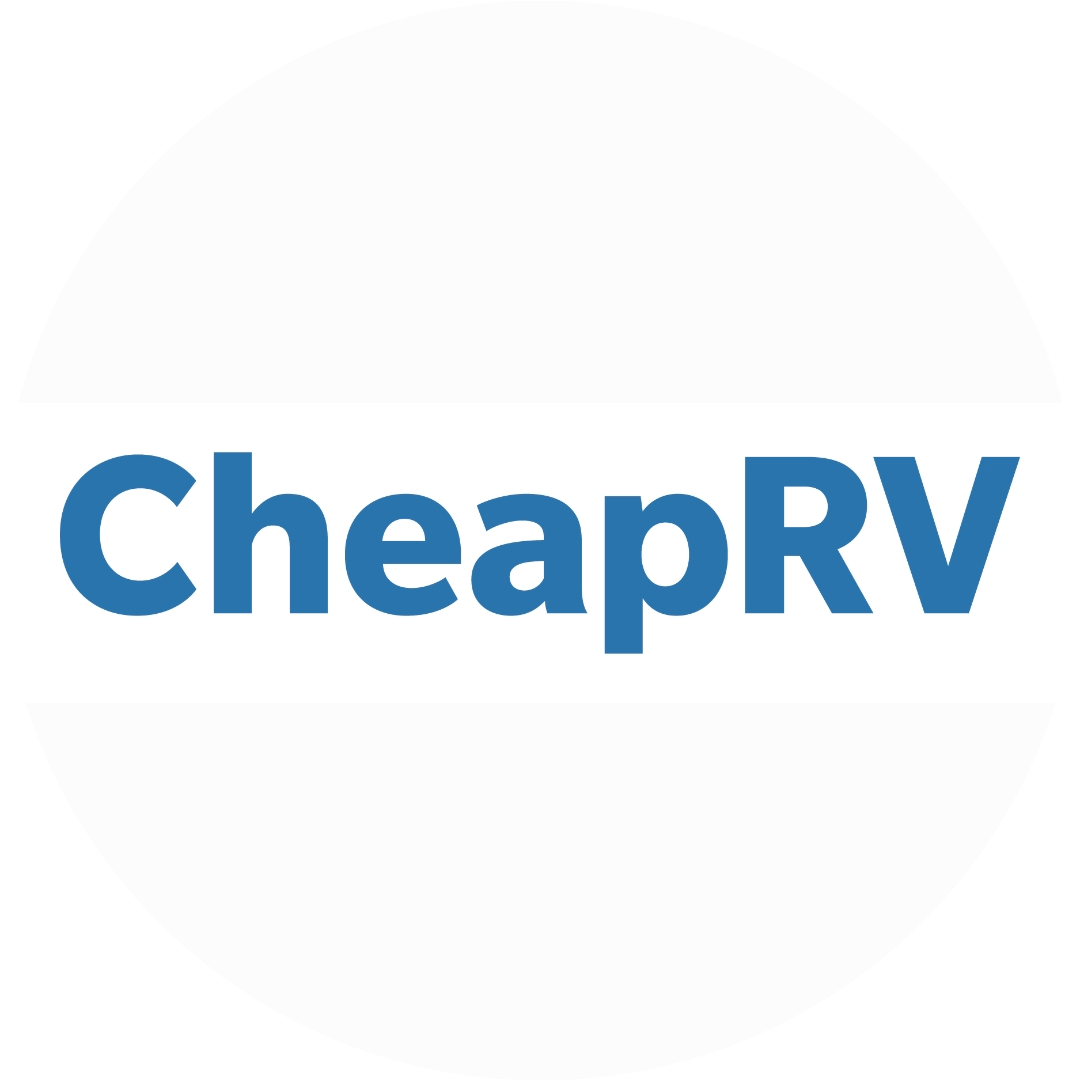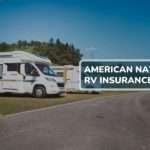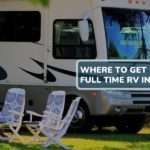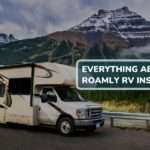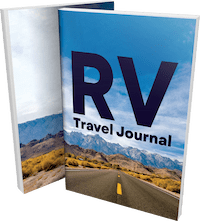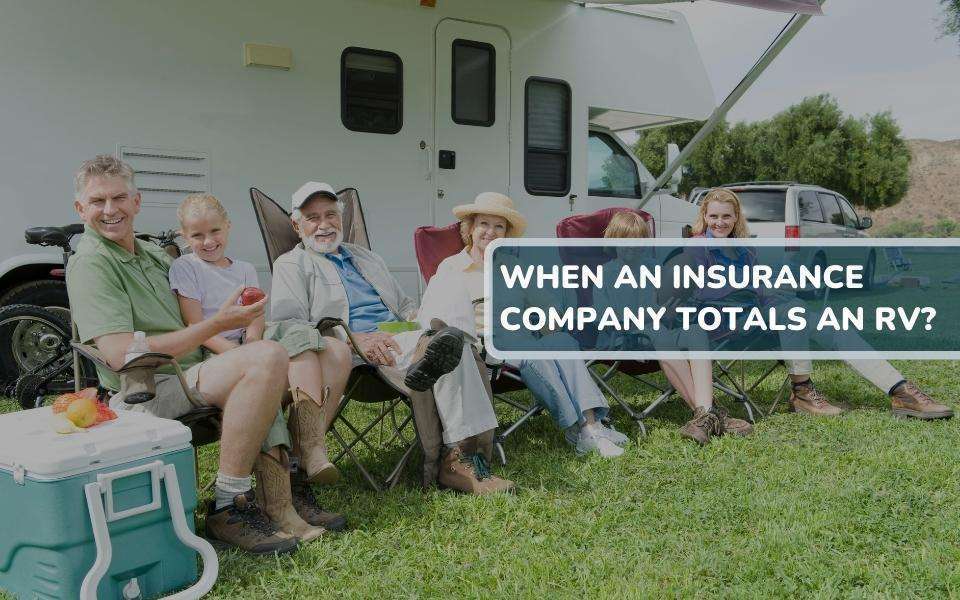
What Happens When an Insurance Company Totals an RV
It doesn’t happen every day, but in the case of an accident, your insurance company may call you to tell you they are estimating the cost of repairs at more than 75% of the value of your RV, and a total loss is going to be declared on your policy.
Of course, no one wants that, but when it comes to insurance coverage for your favorite RV, it helps to understand the processes and procedures behind the scenes, and to know just what happens when an insurance company totals an RV is one good way to do that.
Importance of Loss Coverage
Sometimes RVers may think they already have comprehensive insurance on their vehicle and that they have full coverage and protection for their RV in the case of an accident or total loss.
But that isn’t always the case. There are many differences, depending on the type of policy insurance policy you’re on.
Still confused? Here’s more information regarding different coverages below so you can understand them in detail:
Comprehensive Coverage
When your RV requires repairs due to damage caused by factors other than a collision, you will get all those protection by taking comprehensive coverage.
The RV gets comprehensive coverage mainly when the RV faces damage due to vandalism, theft, fire, falling trees, natural disasters, and hail. Repairing is often impossible when your RV faces damage from all these.
Collision Coverage
This coverage is only for damages caused by collisions with another vehicle or object, such as a wall or tree. The other party does not need to be at fault for this such damages.
For example, if you hit another car, then it will be covered by your insurance company. This kind of coverage is crucial because it will cover the damages caused by an accident or collision.
Total Loss Coverage
The most common RV insurance coverage type is “total loss.” This policy will cover the cost of repairing or replacing your RV if it is damaged beyond repair, lost in theft or fire, or stolen from a locked storage facility.
It also covers any other damage caused by vandalism or weather-related events.
There are some exceptions to this type of policy, such as if you were driving recklessly during an accident or overrode your vehicle’s safety features, like brakes or turn signals.
In such cases, your insurance company may decline coverage for repairs if it determines that you were responsible for the accident that damaged your RV.
So When Your RV Gets Totaled — What Happens Next?
If you have an RV, you’re probably familiar with the routine of getting it insured and protected – that’s easy enough. But what happens when the insurance company says your RV is totaled or damaged beyond repair?
The first thing that happens is that the insurance company will check it out. They’ll make sure it’s actually totaled and not just damaged, so they can give you a fair amount on your claim.
After that, they’ll inform the DMV that your RV is totaled and update your RV’s title as a “Salvage” car — meaning you can no longer drive it legally. If you have a loan on it, they’ll pay off the balance of the loan (but not any interest payments).
From this point on, there are three possible scenarios:
1) If you’re lucky, it will not be the end of the world. Instead, you get a check for the value of your RV (less depreciation), and you can use that money toward buying a new one.
2) You get a check for the depreciated amount of your old RV (less depreciation), and you can use that money toward buying a new one.
3) You get nothing at all — no money and no old vehicle — and you’ll have to start over with a brand-new RV purchase.”
Understanding The RVs Total Loss Coverage
Before running your RV on the road, you need to understand the Total Loss Coverage of your RV because it’s important.
In fact, every RVer needs to understand the different types of loss coverage protections they require for their RVs. And if you are a full-time RVer who travels frequently, it’s one of the essential pieces of information you always need to be aware of.
That’s because, like any other vehicle, driving an RV on the road means there’s always the chance that an accident may happen – no matter how little that is.
And if you’re an RV enthusiast who spends considerable time with your RV on the road, then it’s always best to be prepared – and protected – in case one occurs.
But unfortunately, no one can precisely say that no accident will take place, and there’s no knowing when or the aftermath of such accidents could be.
The worst thing that can happen from an accident is that your RV will be totaled. So the only hope and best way to save your RV investment are to take total loss coverage insurance for your RV.
This way, even if any accident happens and your RV gets totaled, you will get coverage or protection for that.
Technically the cost of an RV is comparable with that of condos and houses. However, when people buy an RV, they invest their hard-working money, which is why having a safety net against the potential loss of such an investment is essential.
By adequately insuring your RV, you’re making doubly sure that, no matter what happens, your investment will not go to waste.
Total loss coverage for your RV is as vital as traditional auto and home insurance decisions. However, depending on the type of total loss coverage for which you are paying, your insurance coverage will also vary.
Getting a good RV insurance quote in advance will be an excellent option for RV owners and something we highly recommend if you own one.
Total Loss Coverage Types
Generally, most insurance companies offer three types of total loss coverage. And those are; Agreed Value, Actual Cash Value, and Total Loss Replacement.
Of course, your willingness to pay the number of annual premiums is vital in determining the total loss replacement types.
Let’s discuss each of these types in detail.
Agreed Value
When shopping for insurance, RVers and insurance companies usually agree on a certain amount of money ( or premium payable in the event of a claim). With the Agreed Value total loss coverage, the insurance company will pay that amount to the RVer.
All the agreement details are written on the insurance document, and both parties (RVer and insurance companies) sign this agreement when the insurance is purchased.
RVers must maintain specific conditions to maintain the validity of this agreement value coverage. The RV’s age should not be more than five years (newer vehicles being preferable). You may not get this coverage if your RV’s age is more than five years.
It’s best to ensure you’re on the right side of the requirements regarding this coverage policy.
Actual Cash Value Policy
Actual cash value is the most common type of insurance coverage. It pays out what the damaged property was worth when it was damaged, minus any depreciation that has occurred since then.
So, for example, if you bought a car worth $10,000 when you bought it, and it’s only worth $9,000 today, your insurance company will only pay the current value of $9,000—not the full value of $10,000.
It’s important to note that this does not mean that you’ll receive full retail value for your stolen items, nor will you receive the amount of money necessary to replace them with brand-new ones.
Actual cash value policies only pay out the equivalent value of items—in other words, they don’t consider any sentimental or emotional attachment to an item when calculating its worth.
Total Loss Replacement
Insurance companies offer your RV the highest level of protection through total loss replacement. Your RVs depreciation will no longer be an issue if you take this coverage.
In addition, when you pay for this type of coverage, you’re essentially purchasing a new vehicle that will be handed over to you when (if) your current car is either stolen or destroyed.
With this option, there are two ways that insurers can handle the transfer: they can either replace your vehicle with one similar to what you had before (known as “like kind and quality”) or something completely different (known as “money”).
The replacement process, therefore, depends on what works best for both parties involved—if there’s no comparable model available when you need a replacement vehicle because it was stolen, then it makes sense for the insurer to give you cash instead.
Get Free Insurance Quote From Roamly
Opting for Roamly insurance plans on your RVs might save you up to 25% more than other RV insurance companies.
In addition, this company’s passionate RV owners understand what types of coverage you need for your RV. So, by choosing a Roamly plan, you may easily avoid paying additional RV insurance expenses.
Whether you rent your RV on a rental marketplace or keep it in optimal storage, Roamly will continue to provide coverage for it. Thus, even if you store your RV and never use it, you can easily generate extra money from it.
Conclusion
Ultimately, when it comes to the insurance side of things, be aware that you may be able to walk away with less than you bargained for.
This fact is especially true if you plan on a total loss settlement, as there are plenty of exemptions and clauses that some unscrupulous RV owners have exploited.
Whichever method you choose to pursue, filing an insurance claim after a total loss is an important consideration. So it’s even more crucial to hire an experienced insurance adjuster to protect your interests.
